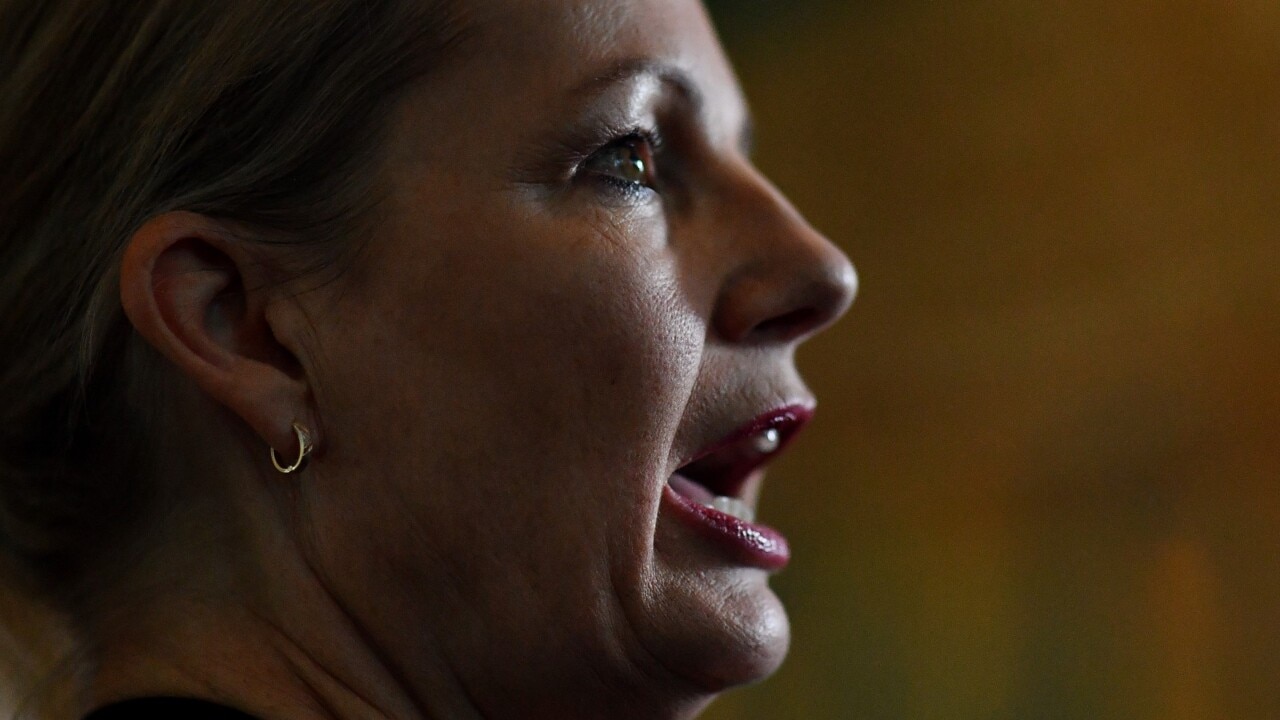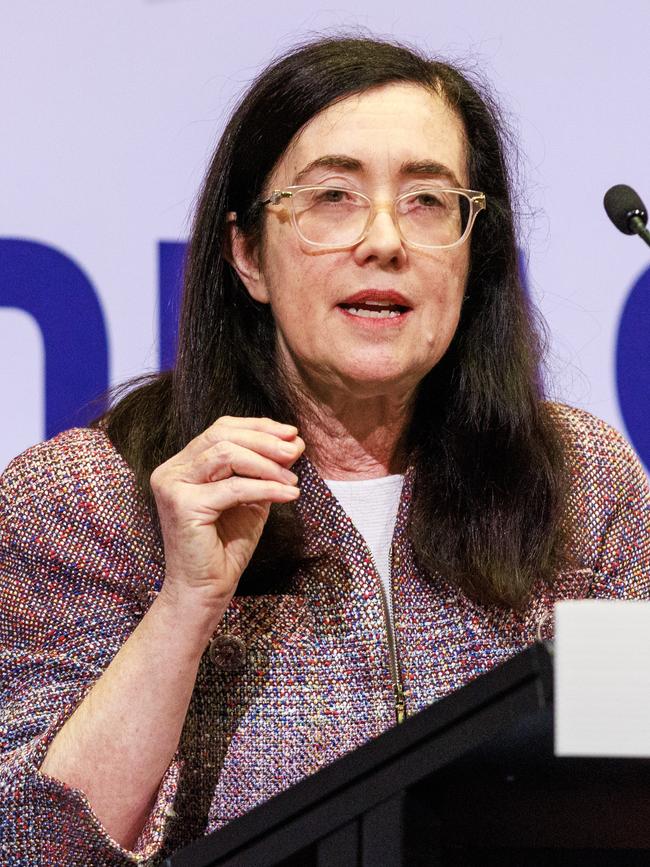Qantas accused of omitting information from defence of ACCC allegations over ghost flights
The consumer watchdog has accused Qantas of leaving out key details in its defence of allegations it sold tickets on already cancelled flights.

Qantas has been accused by the consumer watchdog of failing to explain why it left flights on sale after they had been cancelled, in its response to allegations of false or misleading conduct.
In a case management hearing before Justice Helen Rofe on Wednesday, barrister for the Australian Competition & Consumer Commission, Chris Caleo, KC, said it may be necessary to seek orders to force Qantas to handover more details.
The ACCC has alleged Qantas continued to sell tickets on more than 8000 flights for an average of 16 days after they had been cancelled, over several months in 2022.
In its defence, Qantas claimed no customer was left out of pocket and it was in fact selling “a bundle of particular rights” rather than “a particular flight”.
The embattled airline also stated that customers were not immediately informed of flight cancellations because they wanted time to arrange alternative travel options, or wanted to avoid further blowouts in call centre wait times.
In some instances “human error” was to blame, Qantas said.
Mr Caleo told the court they were hopeful of reaching agreement on key aspects of the facts, and would pursue “alternative interlocutory steps” if unsuccessful.
“If the initial remedy of seeking particulars proves to be ineffective, it may be necessary to raise with your honour on the next occasion aspects of the (defence) and in particular what the commission sees as a failure on the part of Qantas to respond directly to the key allegations of conduct,” Mr Caleo said.
“It may well be that a request for particulars can address those matters, and we hope it can, but if that proves not to be the case then we may need to raise those matters with your honour on the next occasion.”
Robert Yezerski SC for Qantas said his client rejected the idea there was “any deficiency” in the defence.
“We think the matters that have been raised in the concise response are relatively clear,” Mr Yezerski said.

Justice Rofe gave Qantas until December 1 to respond to any request from the ACCC for more details.
Additional information was provided to the court by the ACCC including a 400-page spreadsheet detailing every flight cancelled in the period in question, and the date when customers were notified.
The consumer watchdog said some of Qantas’s requests for more information about its allegations went “beyond” their legal requirements, court documents showed.
Legal letters exchanged by the ACCC and Qantas were made public after the Federal Court hearing.
According to the letters, Qantas sought “particulars” about the ACCC’s case, but lawyers representing the watchdog said they had largely given them enough evidence.
Justice Rofe told the parties it was her preference to send such matters to mediation and also asked if there were any suitable dates in 2024 for a trial.
Both Qantas and the ACCC were in agreement that it was premature to be planning a trial.
The case was set to return to court on February 28 for a hearing.
ACCC chair Gina Cass-Gottlieb has said she wanted a fine in the vicinity of $250m against Qantas to send a message to other companies about such behaviour.
At stake for Qantas is more than its battered reputation, with almost $6m in short term executive bonuses being held in limbo until the outcome is known.
In response to the ACCC lawsuit and the High Court’s finding Qantas acted unlawfully when it outsourced the jobs of almost 1700 employees, the board took the decision to reduce short term incentive payments by 20 per cent and withhold the balance of $5.9m.
Last Friday’s AGM heard the board would revisit short term bonuses once the cost of the ACCC lawsuit, and compensation for outsourced workers was known.
Qantas shares closed up 7c on Wednesday at $5.32.






To join the conversation, please log in. Don't have an account? Register
Join the conversation, you are commenting as Logout